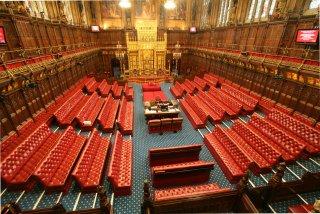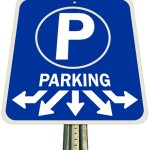History of the House of Lords

The House of Lords is the Upper House of UK Parliament and its meeting venue is the Palace of Westminster in London. It is separate from the House of Commons and posesses three important roles. These are forming laws, considering public policy issues and checking the work of the government. House of Lords has a long history starting from 11th century by the formation of a Parliament attended by Royalties and religious Leaders of stature. As time went by, it included members representing couties, cities or boroughs followed by a series of Acts and legislations working their way towards a genuine and accountable democray for United Kingdom.
Instructions
-
1
11th to 14th Century
A parliamanet was formed in 11th century in the Witans (Anglo-Saxons) with Kings and religious leaders being the members. By the 13th century, the attendance widened to include dignitaries representing couties, cities and boroughs. By the 14th century, these members representing couties or boroughs etc started to gather in House of Commons while the bishops, nobles and other dignitaries started gathering in the House of Lords. -
2
15th century to 17th Century
In 15th century, the nobles (Lords Temporal) started being known as peers and were categorized as duke, marquess, earl, viscount and baron. In 1689, a bill was was passed which gave the parliament immense authority, so much so that it bypassed the authority of the King. -
3
18th century and 19th Century
18th Century saw a single parliament for Great Britain, and then United Kingdom was formed by uniting Scotland and Ireland. In the 19th century the number of bishops to attend the House was restircted to 26. -
4
20th Century
1909 saw the emasculation of House of Lords' power to reject a bill passed by the Commons. Another Act of Parliament on 1911 limited the rights of House of Lords' regarding Money Bills. It stated that Money Bills would automatically become laws if not passed by the House of Lords without changes within a month. The Act also stated that House of Lords can not veto any Bill but can only delay a Bill for upto 2 years, or for money Bills, the delay could be upto one month. House of Lords' delaying power of two years for public bills was reduced to one year in 1949. In 1958, Act of Parliament allowed the formation of Peerages for life - hereditary peers were made members of life in 1963 and in 1999, the hereditary Peers lost their power to sit or vote in the House. -
5
21st Century
In 2006, the first election of House of Lord for a Lord Speaker was held and in 2009, the judicial function was transferred to UK Supreme Court.







